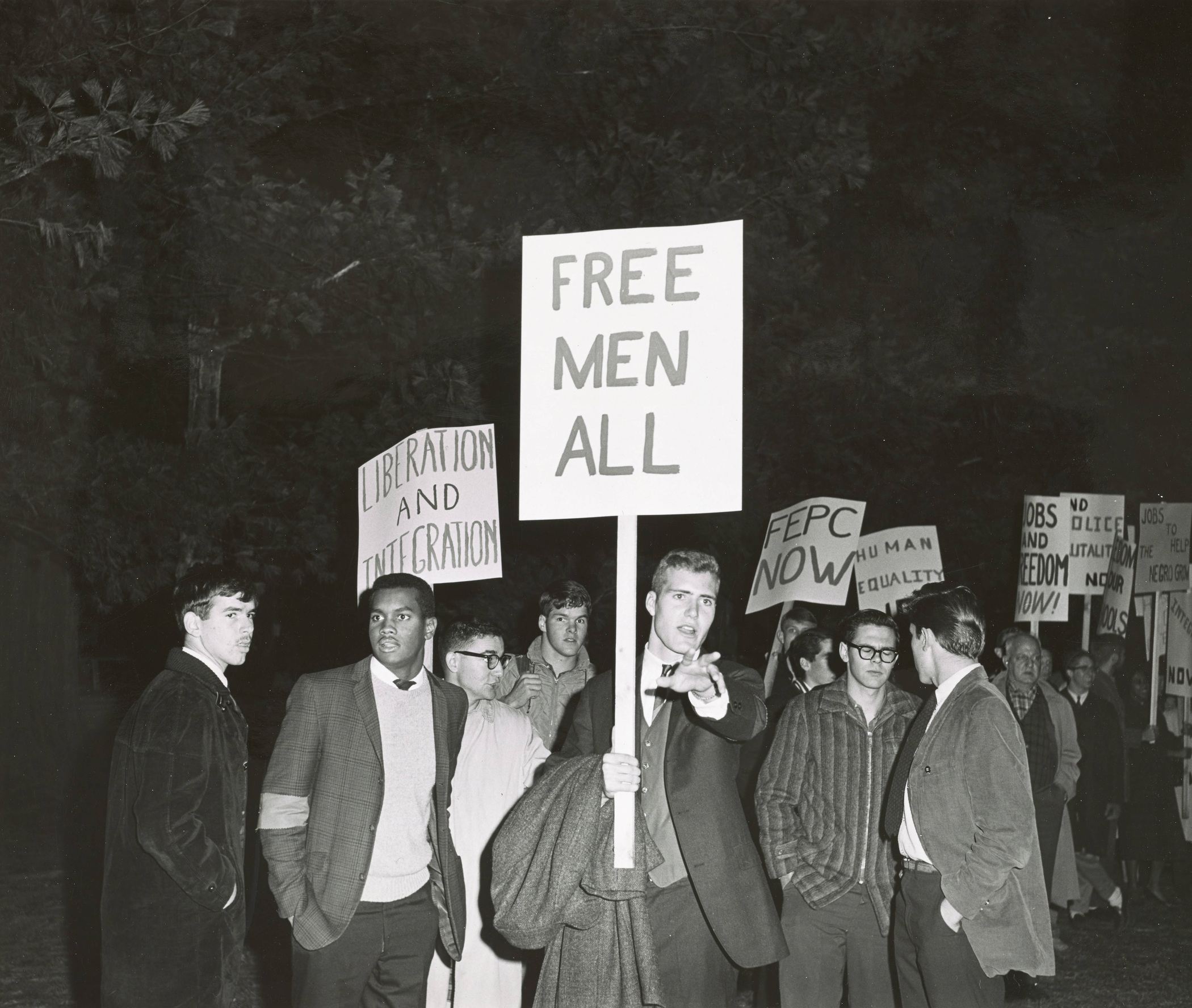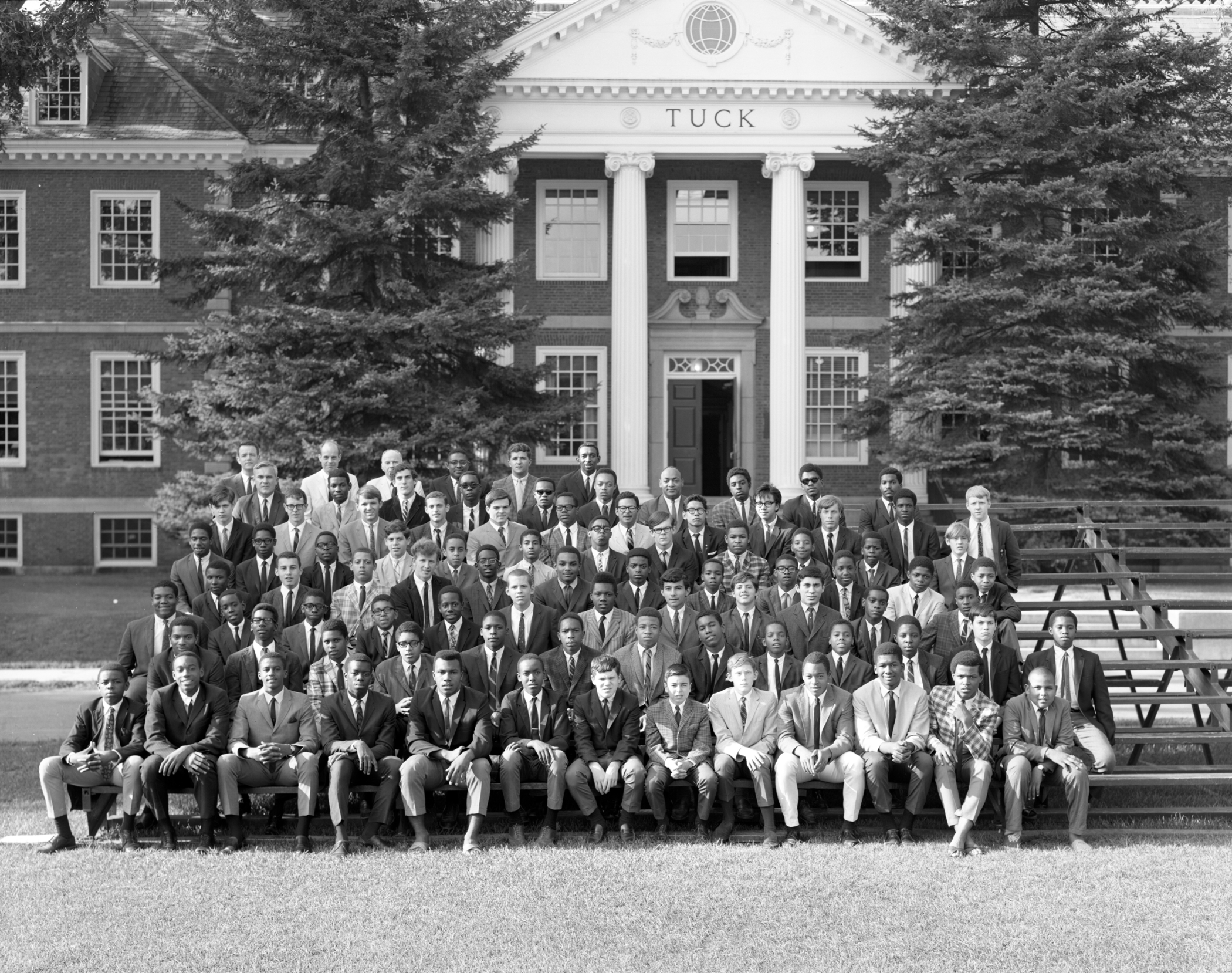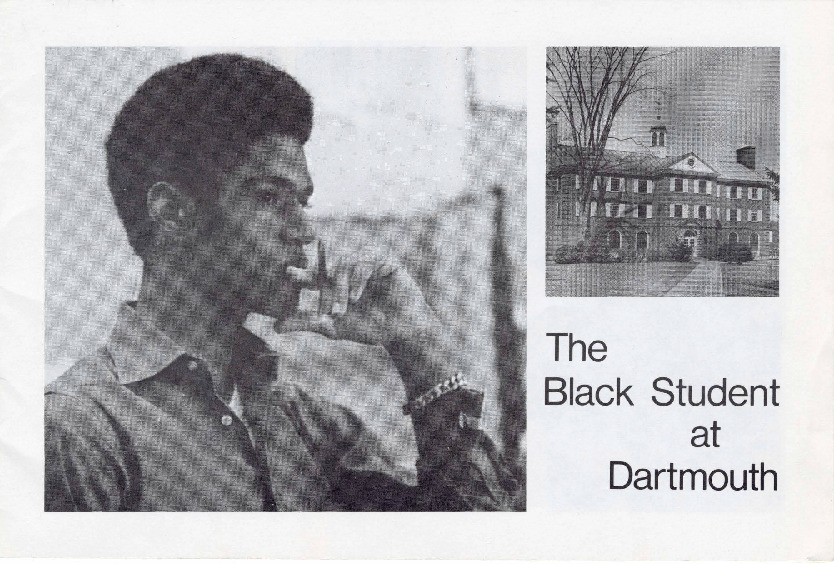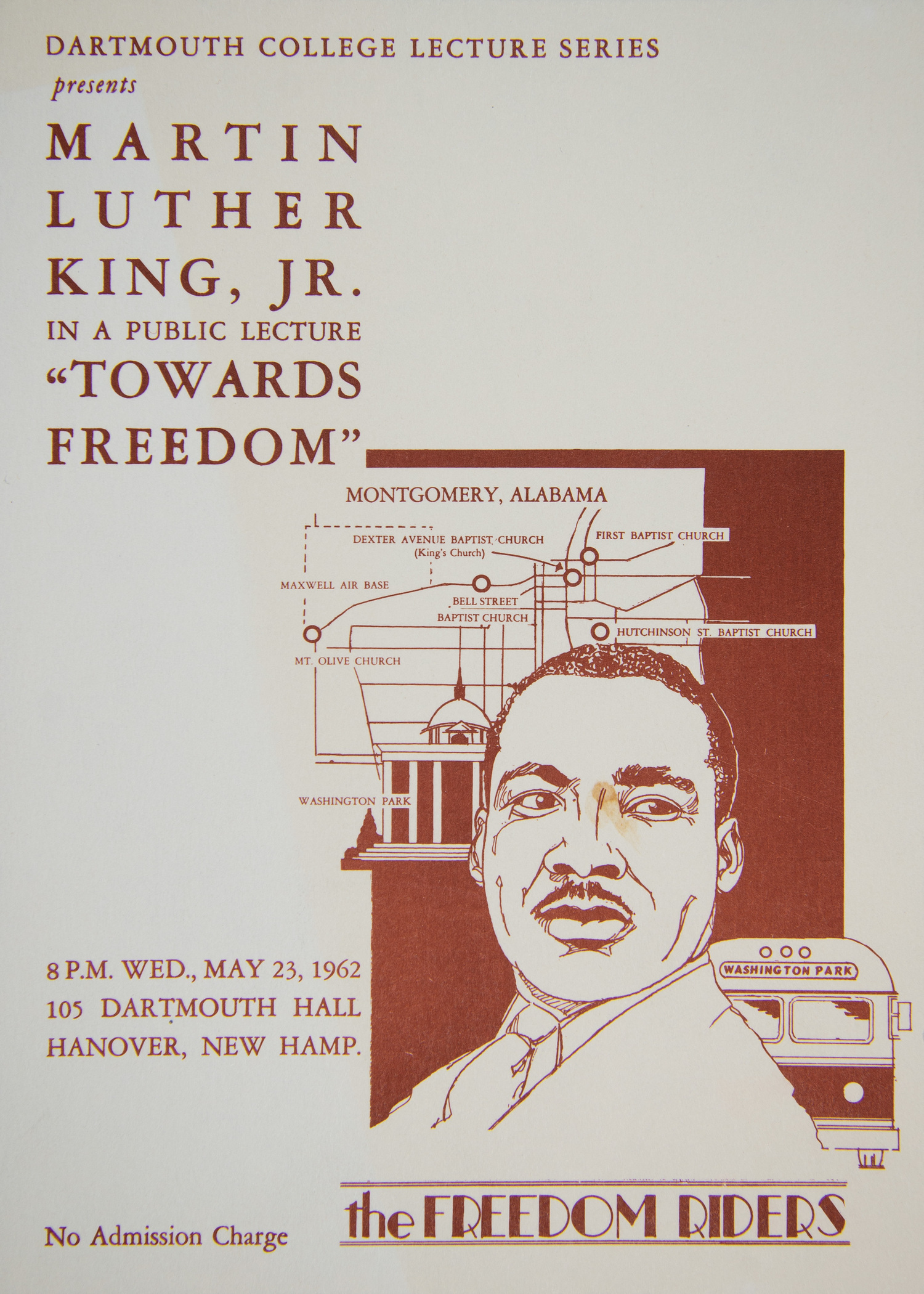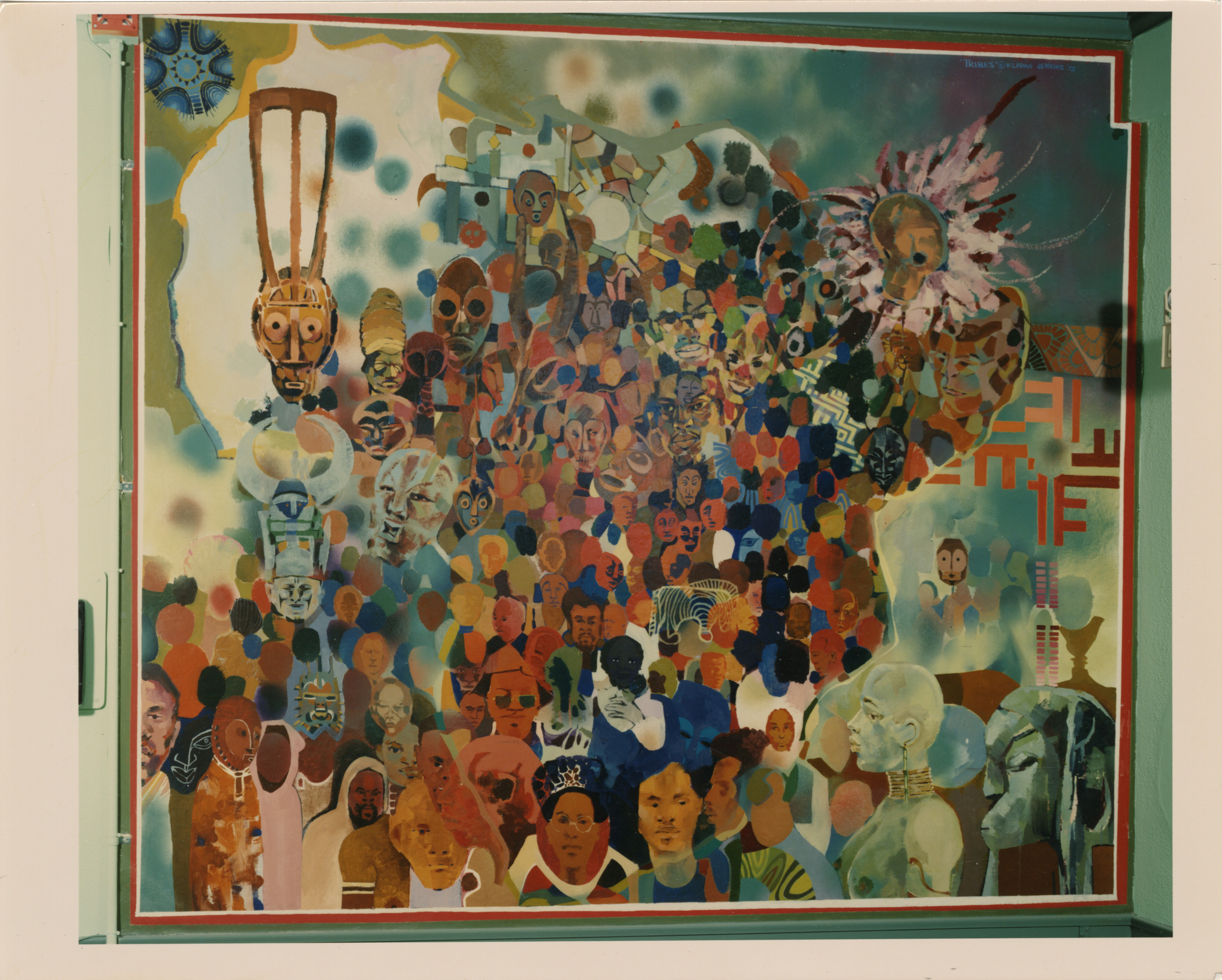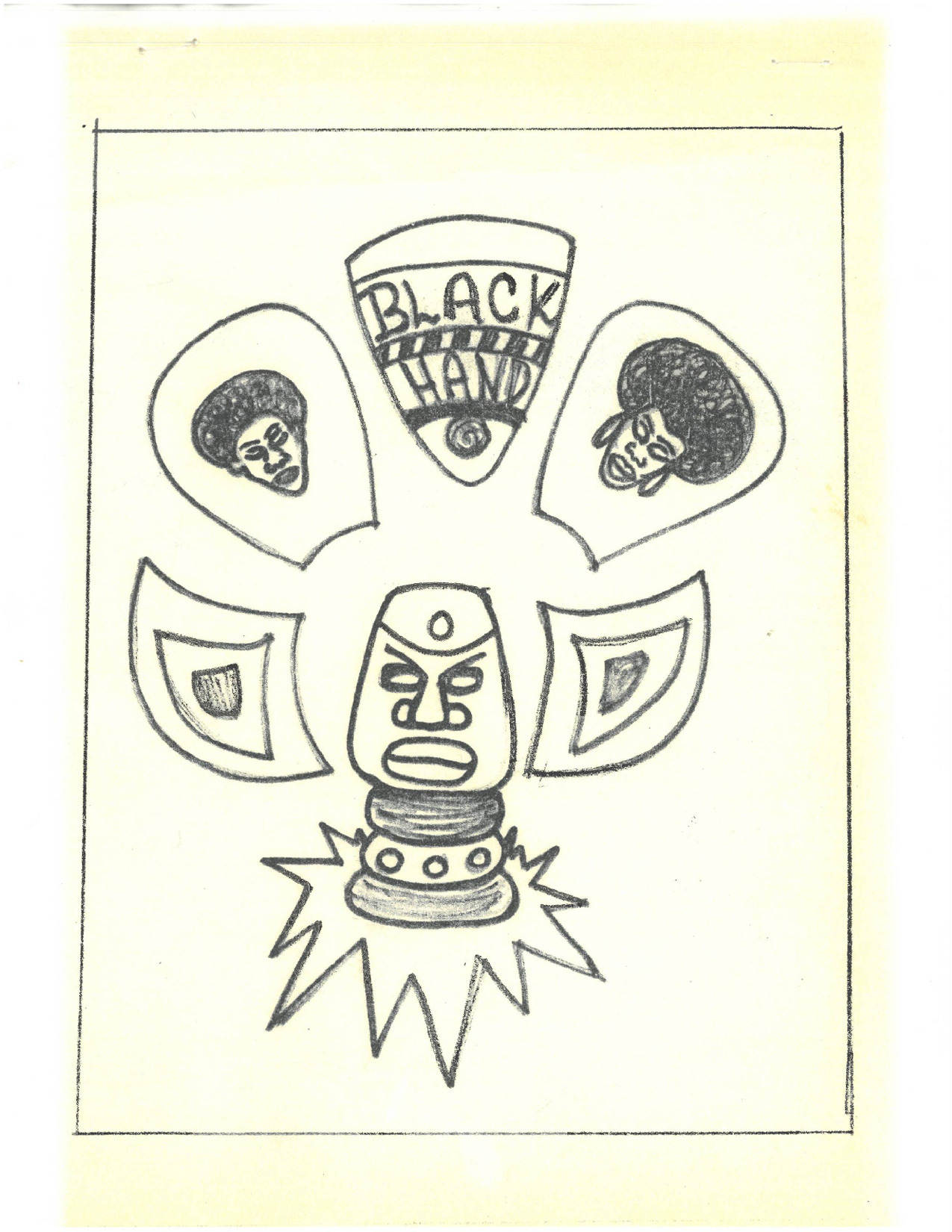An exhibit on the Black student experience at Dartmouth College from 1960-1979, during and directly following the Civil Rights Movement. Exhibit curated by Anneliese Thomas '19 as her final fellowship project.
The Black Student Experience, 1960-1979
An exhibit on the Black student experience at Dartmouth in the 1960s and 70s, curated by Anneliese Thomas '19 as her fellowship research project.
Anneliese Thomas ’19 started her fellowship in Winter 2019 consulting the papers of Errol Hill, Professor of Theater, adviser to the Afro-American Society, freshman adviser, and affirmative action officer during his tenure at the college.
Thomas used Hill's papers as a window into the Black student experience at Dartmouth in the 1960s and 70s, during and directly after the Civil Rights era in the United States. To read her fellowship blog post, visit the Rauner Library blog.
Curator’s Statement
When I first began curating this exhibit, I had no idea what I was getting into. Errol Hill’s papers alone consisted of 139 boxes, and that collection was only the starting point of my research. Throughout the past 10 weeks, I have learned more about Dartmouth than I ever could have imagined and, more specifically, more about Dartmouth than I could have imagined through the lens of students who look like me.
I would like to thank Myranda Fuentes and Jaime Eeg '18, who served as my advisors and guided me through the entire process; without them, this exhibit would simply not exist. I would also like to thank all of the Rauner Library staff for helping every step of the way and always being willing to answer my questions, no matter how many times I asked the same thing. Most importantly, I would like to thank all of the Black students who came to campus before me - the students who stood up to Wallace, the students who clapped for Shockley and never stopped, and the students who fought to create spaces on campus where Black students were not only welcomed, but could be leaders. Thank you for your bravery and perseverance.
Finally, I would like to mention that this is by no means a comprehensive list of everything Black students experienced from 1960-1979. Rather, my exhibit highlights some of the events Black students experienced that are rarely mentioned now, but can give a unique perspective into the campus climate at the time. I hope this exhibit sparks a conversation about what has changed since this time period, and what still needs to change.
Curated by Anneliese Thomas '19, Winter 2019 Historical Accountability Student Research Fellow, with item descriptions by Alexander Cotnoir '19, 2019-2020 Edward Connery Lathem '51 Special Collections Fellow.
 Historical Accountability Student Research Program
Historical Accountability Student Research Program
